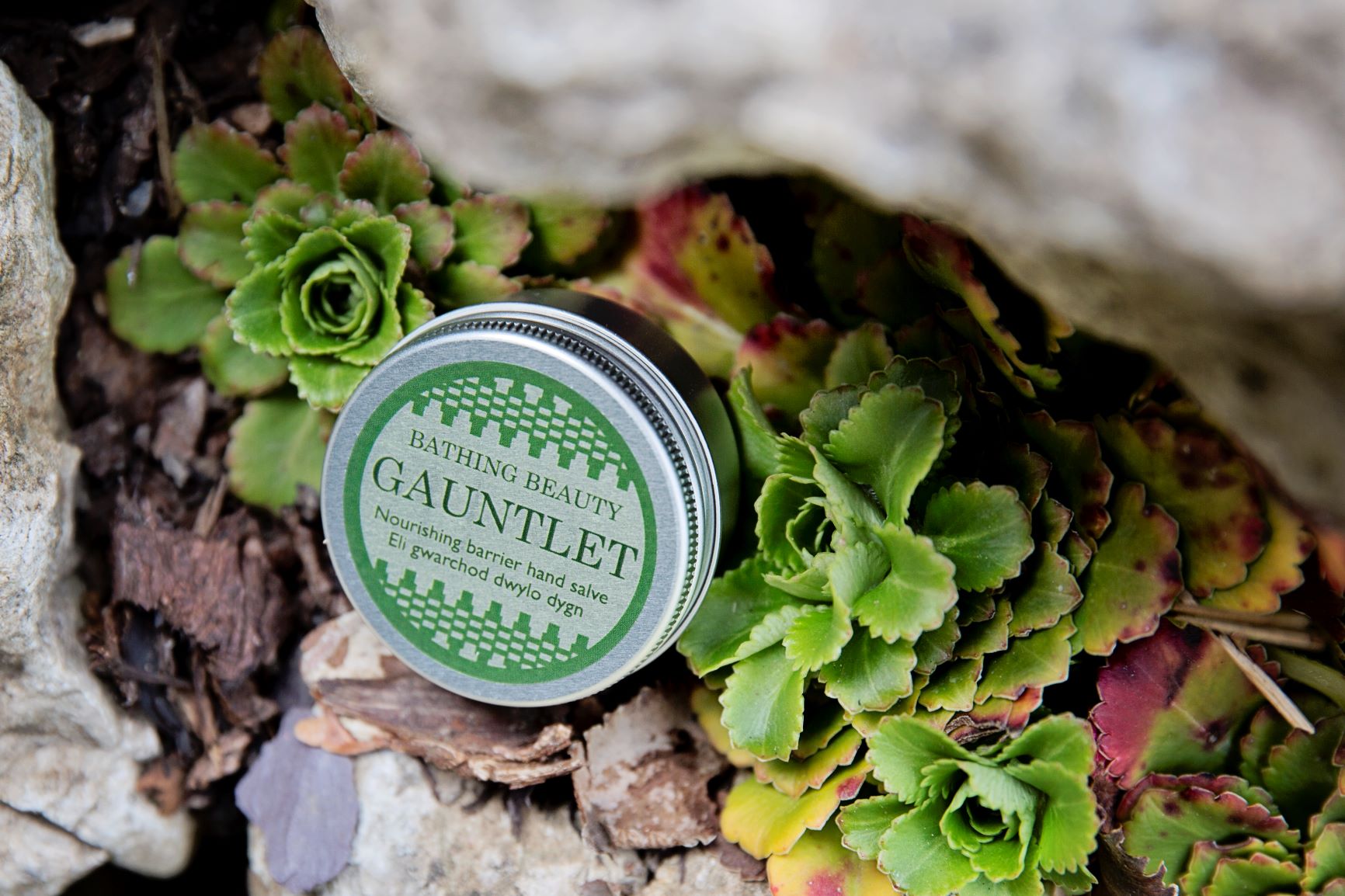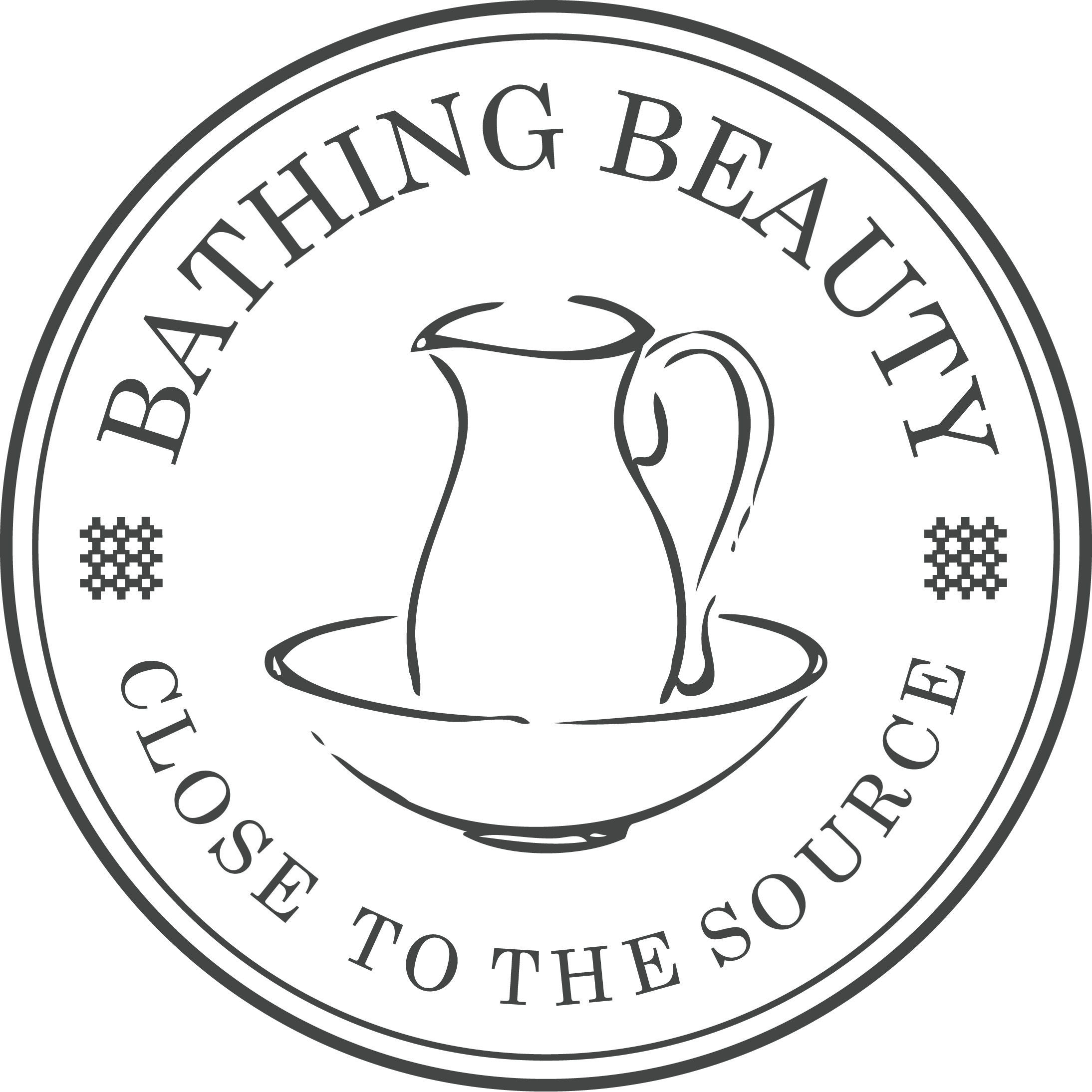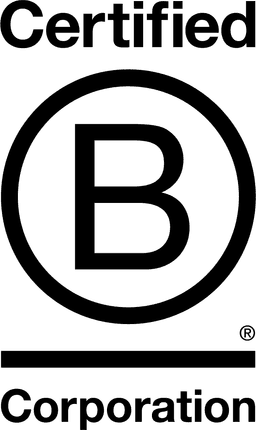

Bathing Beauty Limited

May 2022
Personal care products
Manufacturing
United Kingdom
Bathing Beauty was founded by Osteopath George Jones on her kitchen table in 2010. This artisan skincare brand has grown and expanded to employ an all female workforce, it is now based in the foothills of The Clwydian Range in rural North Wales. Winners of over 30 awards, all products continue to be hand made in small batches. These thoughtfully formulated products never contain Nut, Palm or Fragrance Oil. They are registered with either the Vegan or Vegetarian Society. They are free from water, emulsifiers and preservatives. All products are Cruelty Free, the company monitors both its incoming supply chain and onward to supply chain to make sure Bathing Beauty Products are never involved in any animal testing. Bathing Beauty continuously strives to to use their business as a force for good, and for the benefit of all it's stakeholders through an ongoing process of monitoring, reflection and self improvement. True to its Mission statement; Bathing Beauty is committed to mindfully manufacturing affordable and effective bath and body care solutions for Every Body, without costing The Earth. The company donates 1% of its turnover to Carbon Removal Technologies.
Overall B Impact Score
Governance 17.7
Governance evaluates a company's overall mission, engagement around its social/environmental impact, ethics, and transparency. This section also evaluates the ability of a company to protect their mission and formally consider stakeholders in decision making through their corporate structure (e.g. benefit corporation) or corporate governing documents.
What is this? A company with an Impact Business Model is intentionally designed to create a specific positive outcome for one of its stakeholders - such as workers, community, environment, or customers.
Workers 27.1
Workers evaluates a company’s contributions to its employees’ financial security, health & safety, wellness, career development, and engagement & satisfaction. In addition, this section recognizes business models designed to benefit workers, such as companies that are at least 40% owned by non-executive employees and those that have workforce development programs to support individuals with barriers to employment.
Community 19.7
Community evaluates a company’s engagement with and impact on the communities in which it operates, hires from, and sources from. Topics include diversity, equity & inclusion, economic impact, civic engagement, charitable giving, and supply chain management. In addition, this section recognizes business models that are designed to address specific community-oriented problems, such as poverty alleviation through fair trade sourcing or distribution via microenterprises, producer cooperative models, locally focused economic development, and formal charitable giving commitments.
Environment 32.8
Environment evaluates a company’s overall environmental management practices as well as its impact on the air, climate, water, land, and biodiversity. This includes the direct impact of a company’s operations and, when applicable its supply chain and distribution channels. This section also recognizes companies with environmentally innovative production processes and those that sell products or services that have a positive environmental impact. Some examples might include products and services that create renewable energy, reduce consumption or waste, conserve land or wildlife, provide less toxic alternatives to the market, or educate people about environmental problems.
Customers 4.5
Customers evaluates a company’s stewardship of its customers through the quality of its products and services, ethical marketing, data privacy and security, and feedback channels. In addition, this section recognizes products or services that are designed to address a particular social problem for or through its customers, such as health or educational products, arts & media products, serving underserved customers/clients, and services that improve the social impact of other businesses or organizations.